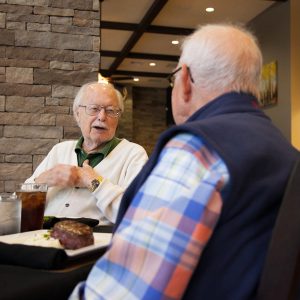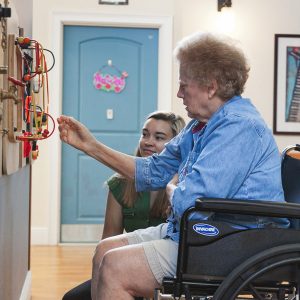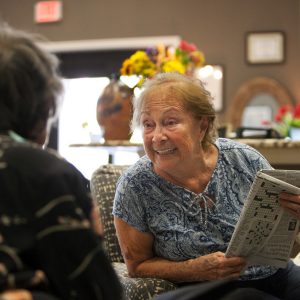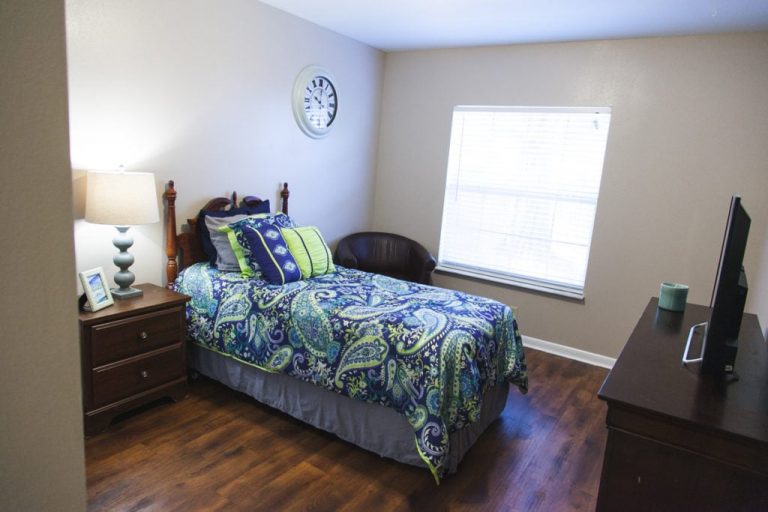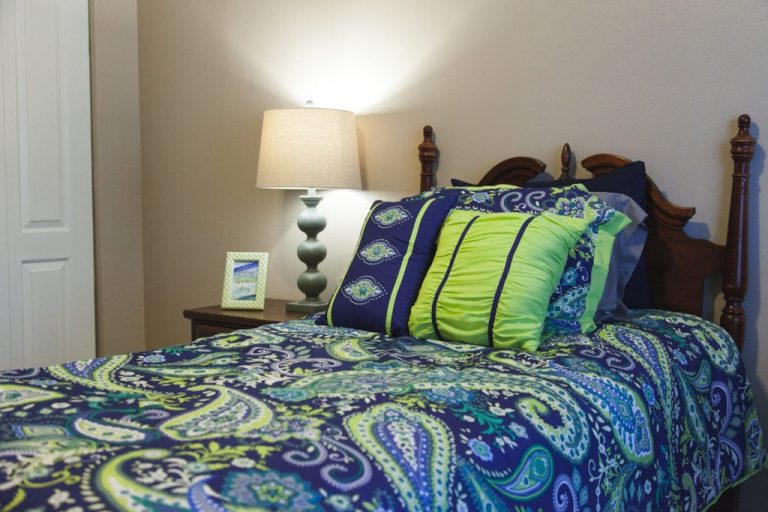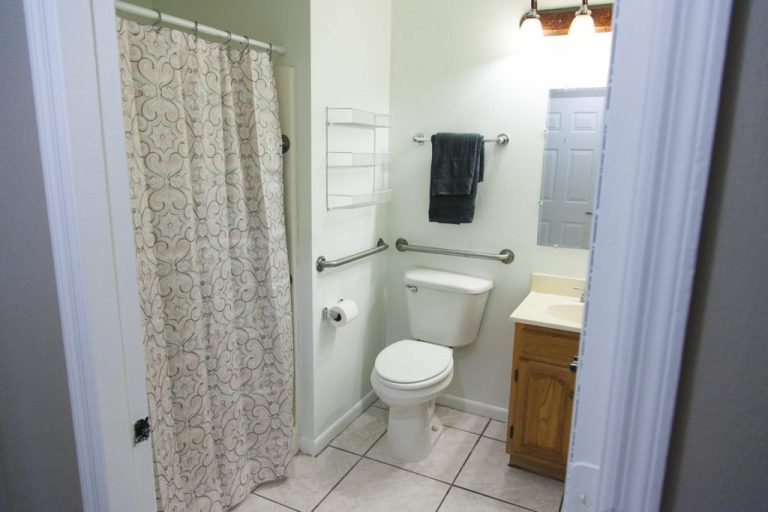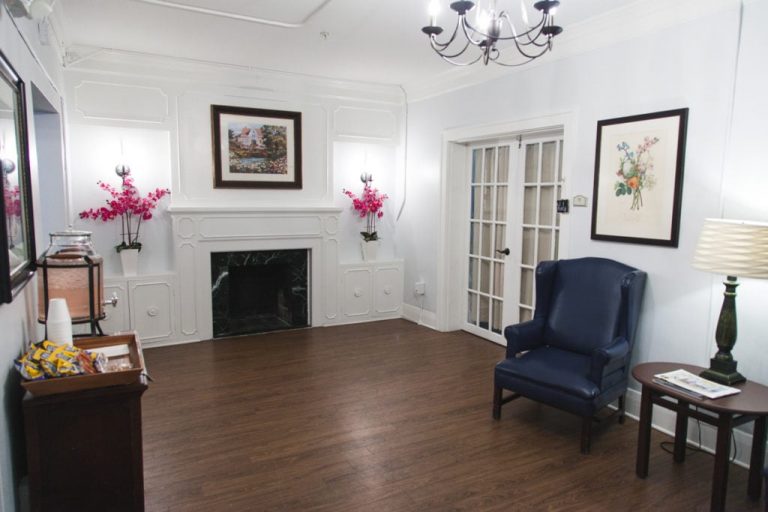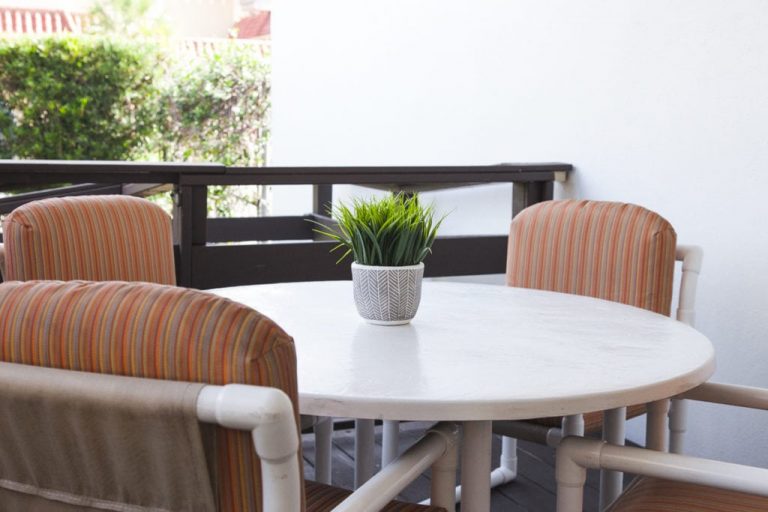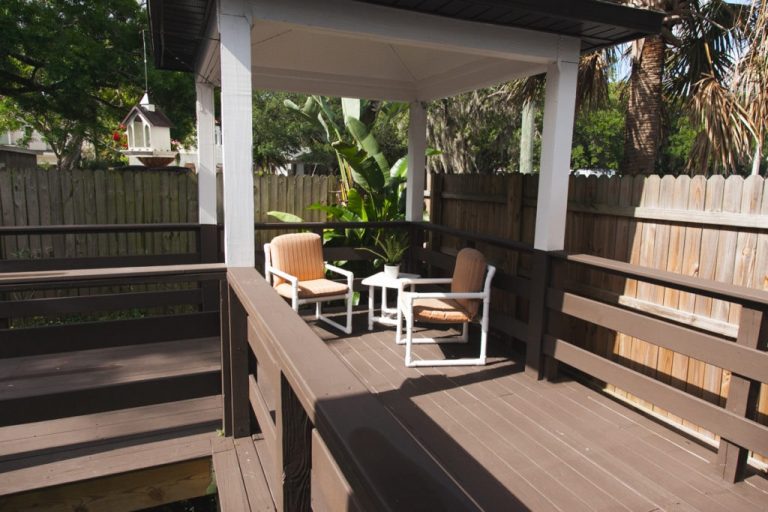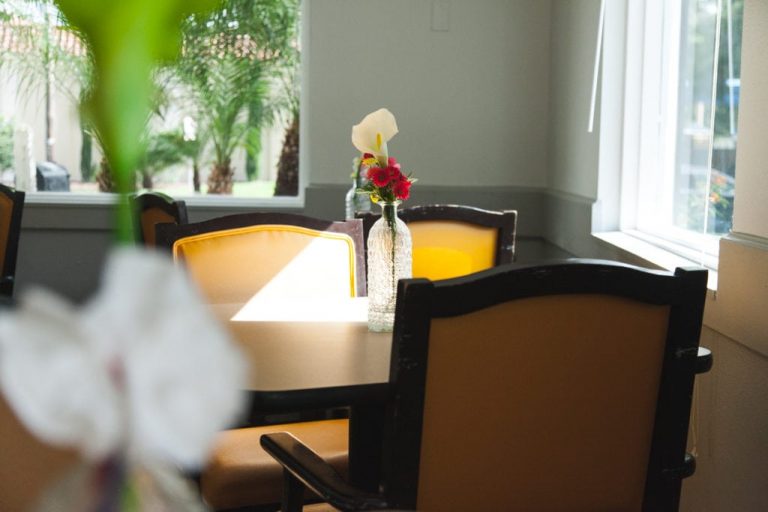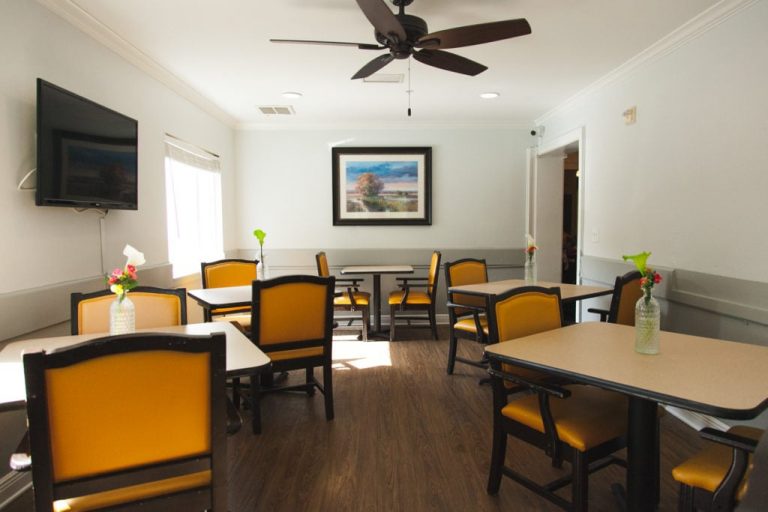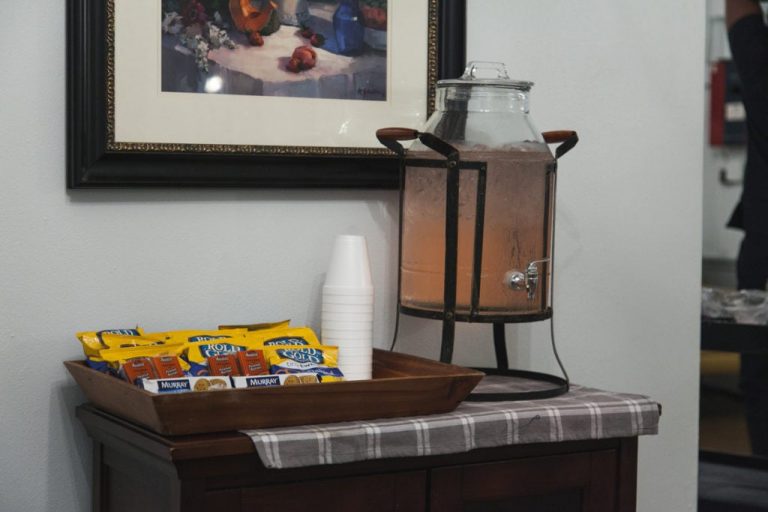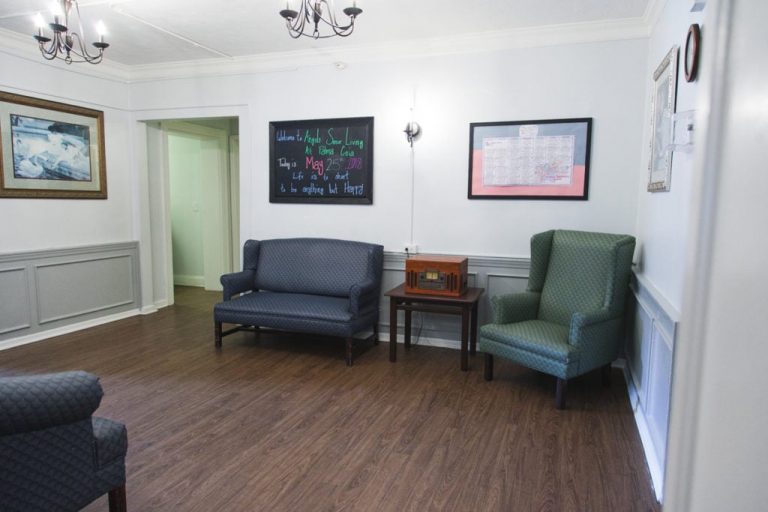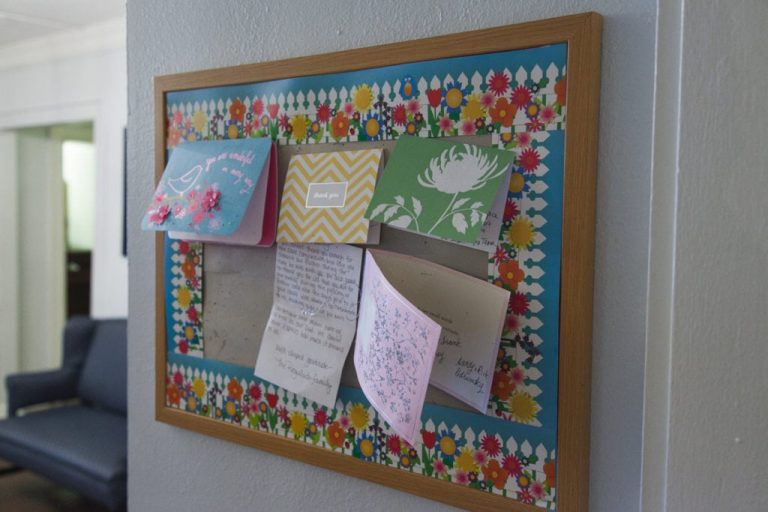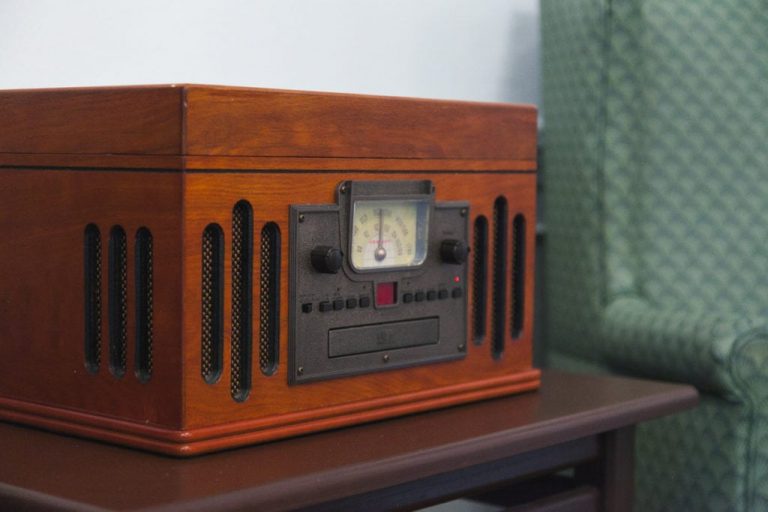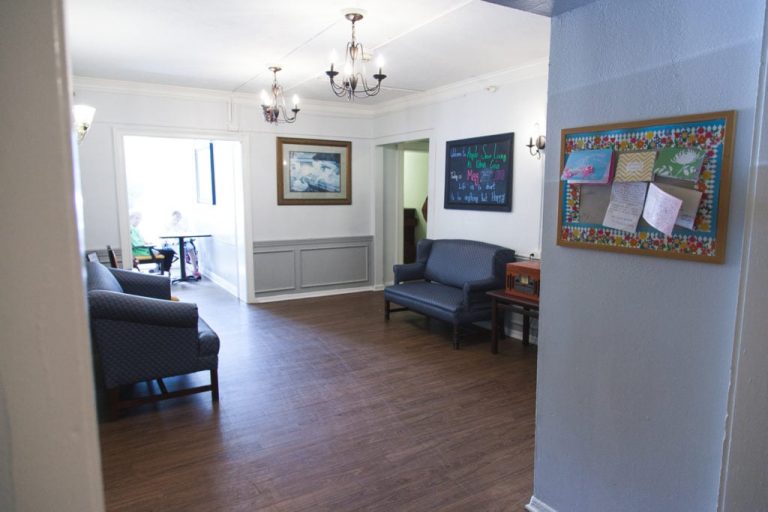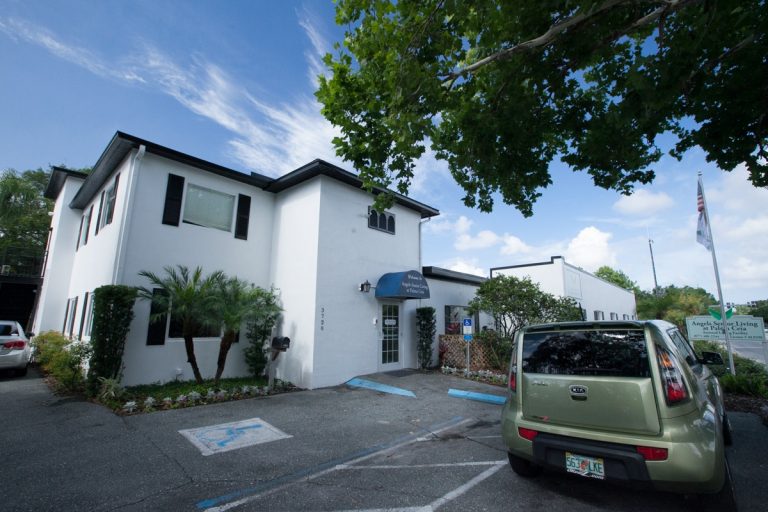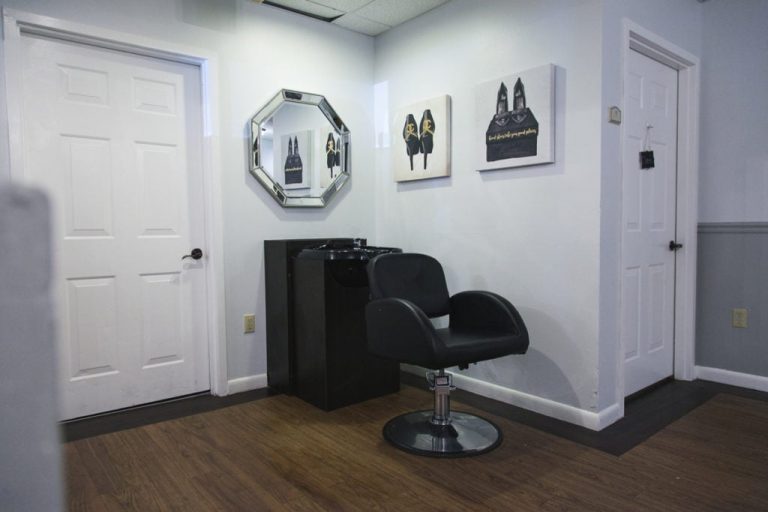Our Angels Senior Living at Palma Ceia community is dedicated to providing exceptional memory care for its residents in a setting that truly feels like home. Memory care is the assisted living specialty specializing in caring for individuals diagnosed with Alzheimer’s, dementia, or another cognitive disease.
Every Palma Ceia team member receives Level I and Level II memory care education. With this education, they provide the most current treatment methods and recommendations for our residents. Each team member is also fully trained in customer service to effectively communicate with both residents and their family members. We understand the need to ensure loved ones are receiving the highest levels of safety and quality care. Special food and activity requests are always welcome and encouraged so that all residents are content and comfortable in their new home.

